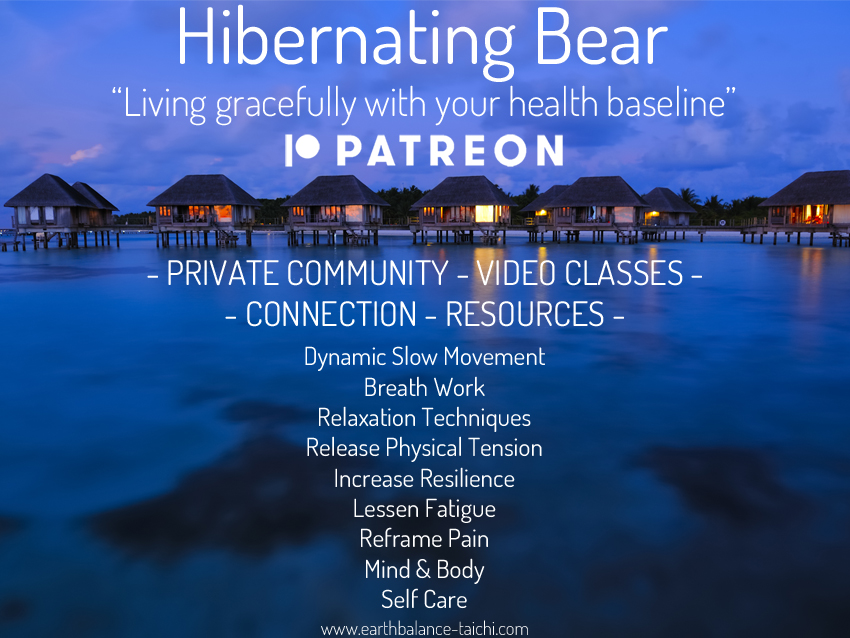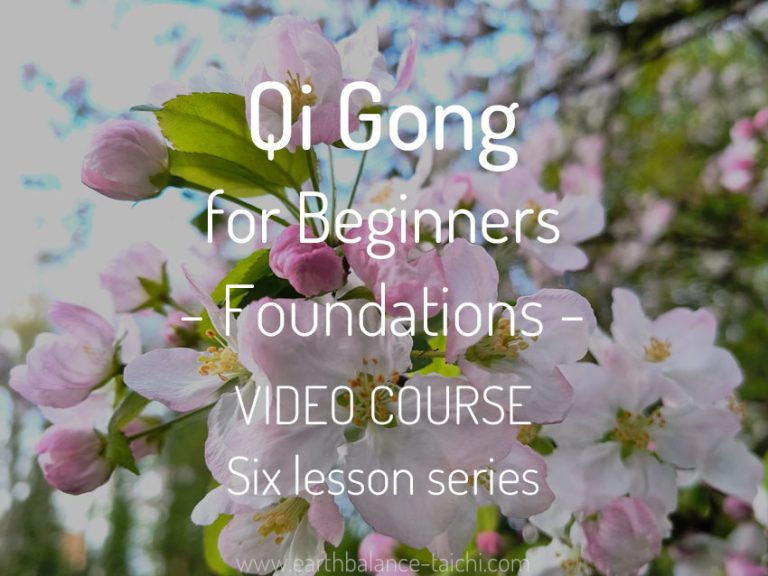Tai Chi for Fibromyalgia

Tai Chi for Fibromyalgia
Fibromyalgia is a non curable medical condition/syndrome that causes chronic musculoskeletal pain and fatigue in the muscles, tendons and ligaments. It is often misunderstood by the health service here in the UK, and effective treatment outside of long term pain relief medication is lacking. There is a natural approach to try, to aid the symptoms in a gentle way. Tai Chi and Qigong can be practised by anybody of any age, without restriction on fitness levels or movement ability. Being low impact, the movements are ideal to gently build up to exercise, which in turn helps reduce pain levels, and increases the ability to cope. This article explores Tai Chi for Fibromyalgia in detail.
Fibromyalgia Symptoms & Effects
- Polymyalgia Rheumatica
- Rheumatoid Arthritis
- Fibro Fog (common name for the brain fog that sufferers experience)
- Lack of energy and chronic fatigue
- Muscle twitching, soreness & weakness
- Acute and chronic pain
- Difficulty with balance
- Anxiety, stress, frustration, depression (psychological impact of living with chronic health)
- Disturbed sleep and insomnia
Tai Chi for Fibromyalgia - Does it aid the symptoms?
- Help strengthen the muscles gently through low impact bodyweight exercises
- Increase mobility & flexibility through a gentle approach to movement
- Help manage chronic pain and release physical tension
- Nourish the joints through gentle expansion and compression
- By working with varying health baselines, everyone is individual and exercises to their own ability
- Learning through method not mimic
- Working with your posture in a safe and stable range of motion
- Supports knee health
- Help strengthen bone density
- Increase mental clarity and focus
- Learning the importance of physical symmetry
- Understanding the mind and body connection
- Helps with motivation and challenges.
- Fall prevention, balance and grounding
- Lessen fatigue & gain new energy
- Boost mood and serotonin levels through gentle exercise
- Increase the function and efficiency of the internal organs
- Improve all body systems; circulation, digestion, hormone, lymph etc.
- Reduce stress, anxiety and the symptoms of depression through deep breathing & slow movement (activation of the parasympathetic nervous system and slowing down of the central nervous system)
The practices of Tai Chi and Qigong are gentle ways to approach exercise when living with fibromyalgia. The movements can be adapted to the ebb and flow of each student’s health baseline, from lying down to seated and standing. The Classical Chinese movement arts are both powerful and relaxing. A high importance is placed on a correctly aligned posture relating to life long physiological health. There is a difference between good and bad pain which Tai Chi and Qigong help to teach, so the students can exercise in a healthy and appropriate way. When learning the movements, students also learn about pain as an observation tool and how to pace and manage chronic fatigue. Find out the meaning of qi gong.
Resources
- Mind and Body Approaches for Chronic Pain: What the Science Says
- Tai Chi Has Similar or Greater Benefits Than Aerobic Exercise for Fibromyalgia, Study Shows
- Tai chi recommended to fight fibromyalgia
- Fibromyalgia and Tai Chi: Getting Mindful and Physical by Mark Borigini M.D.
Medical Research
Effect of tai chi versus aerobic exercise for fibromyalgia: comparative effectiveness randomized controlled trial. "To determine the effectiveness of tai chi interventions compared with aerobic exercise, a current core standard treatment in patients with fibromyalgia, and to test whether the effectiveness of tai chi depends on its dosage or duration." "The combined tai chi groups improved statistically significantly more than the aerobic exercise group." "Tai chi mind-body treatment results in similar or greater improvement in symptoms than aerobic exercise, the current most commonly prescribed non-drug treatment, for a variety of outcomes for patients with fibromyalgia. Longer duration of tai chi showed greater improvement. This mind-body approach may be considered a therapeutic option in the multidisciplinary management of fibromyalgia." BMJ 2018; 360 doi: https://doi.org/10.1136/bmj.k851 (Published 21 March 2018)
Effectiveness of Tai Chi on fibromyalgia patients: A meta-analysis of randomized controlled trials. "To identify empirical evidence on the effectiveness of Tai Chi in treating fibromyalgia." "Tai Chi exerts significantly greater effects on patients with FM than standard care; therefore, we suggest that Tai Chi can be used as an alternative treatment." Complementary therapies in medicine vol. 46 (2019): 1-8. doi:10.1016/j.ctim.2019.07.007
A Randomized Trial of Tai Chi for Fibromyalgia. "This randomized, controlled trial shows that tai chi is potentially a useful therapy for patients with fibromyalgia. The effect was evident in the FIQ score, a well-validated, multidimensional instrument for the assessment of fibromyalgia, and in other measures of pain and quality of life and was consistent with both subjective and objective assessments. The observed benefits exceeded the specified thresholds for clinically significant improvement in the FIQ score30 and in the measures used to assess pain,31 sleep quality,24 depression,32 and quality of life,28,33 and these benefits were sustained at 24 weeks. No adverse events were reported in the study participants, indicating that tai chi is probably a safe therapy for patients with fibromyalgia." N Engl J Med 2010;363:743-54. https://www.nejm.org/doi/pdf/10.1056/NEJMoa0912611
Hibernating Bear Programme for Health & Wellbeing
A more gentle approach to training traditional Tai Chi and Qigong. With seated and standing movements, guiding you through gentle tension relief, physical relaxation and meditation techniques. Open to everyone, for all abilities, especially those living with chronic health, chronic pain and chronic fatigue, or anybody who would like to nourish the mind and body through relaxing movement and stillness. View the course syllabus here. There are three ways to access the programme:
* Tai Chi for Fibromyalgia - Please note that the Taoist practices are not a replacement for conventional medical treatment. Please speak with your doctor prior to starting a new exercise programme. This article is for information purposes only and must not be taken as medical advice. *
















